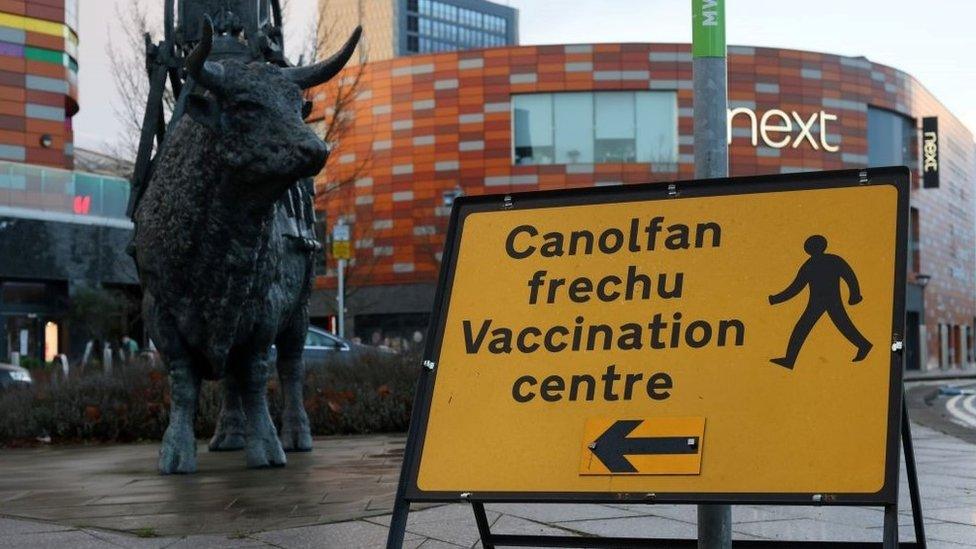Covid: Wales' self isolation period cut from 10 days to seven
- Published
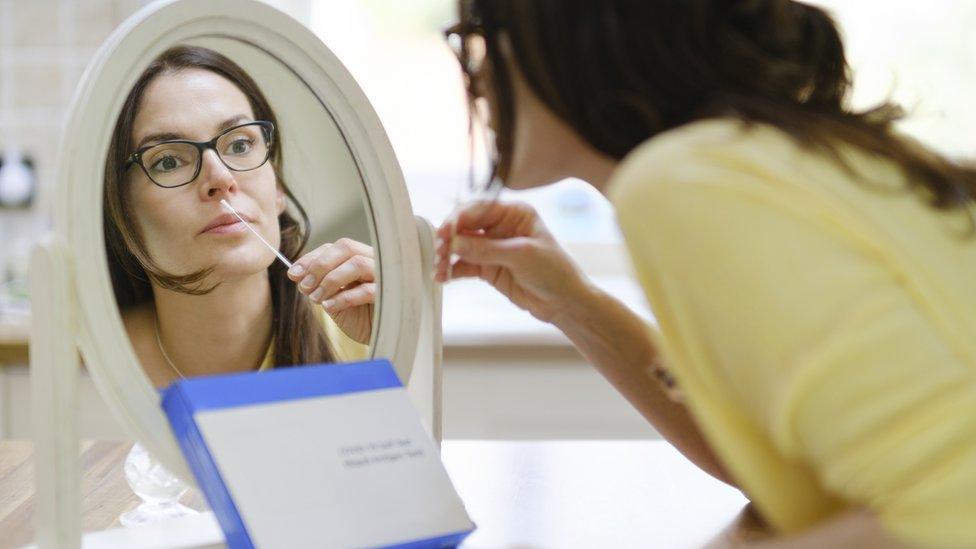
Lateral flow tests now instruct users to only swab the nose, and not the throat
The self isolation period for people in Wales who have Covid will be cut from 10 days to seven.
It only applies to people who have two negative lateral flow tests on days six and seven of their isolation.
The change comes into effect from New Year's Eve rather than 5 January, as was first planned.
First Minister Mark Drakeford said it was based on "the balance of harm", as staff absences place "huge pressure" on services.
This brings Wales into line with England, which brought in this change on 22 December, and Northern Ireland, which will also cut its self isolation time from 31 December.
Scotland still has a 10-day self isolation period.
The change also applies to people who are already self isolating, as well as new cases.
The lateral flow tests on days six and seven of self isolation must be taken 24 hours apart and if either are positive, then people have to keep isolating.
These tests, which are for people who are asymptomatic, will now only include a swab of the nose instead of both nose and throat.
'Huge pressure'
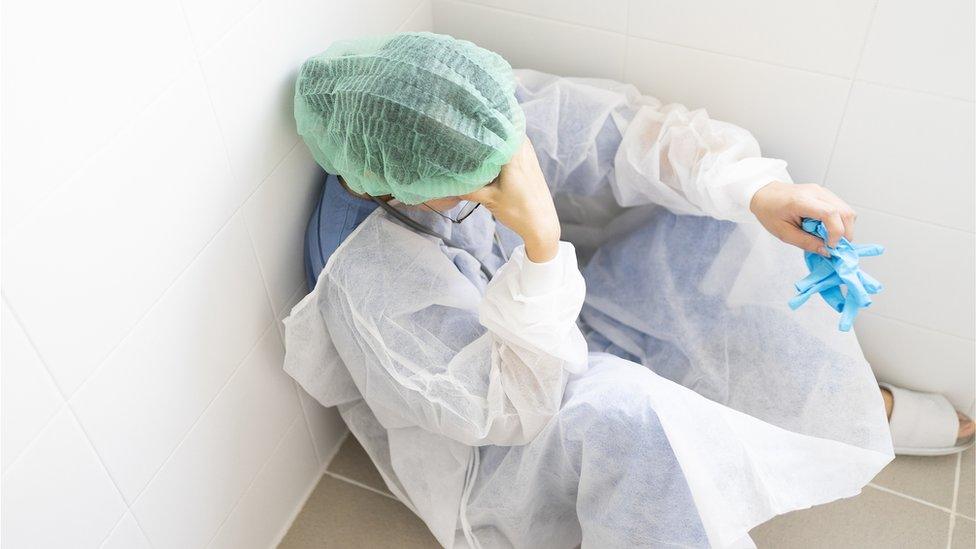
Staff are struggling with workloads made worse by high sickness levels
Mr Drakeford said services were under "huge pressure", adding "the rising number of cases risks our ability to deliver critical services".
"The health service has been doing so much to try to catch up on work that it wasn't able to do earlier in the pandemic, and run a booster campaign and now to deal with more people falling ill," he said.
"Staff in those services are also falling ill because of the new Omicron variant and it's not just in the health service - it's in things like public transport or refuse collection and all the other things that we rely on."
Recycling services in Ceredigion have already been affected, the council said, adding it may struggle to provide "the full range of services" as it deals with high levels of staff who are off work self isolating.
And staff sickness levels in Betsi Cadwaladr health board, in north Wales, "are rising above levels expected in winter", according to chief executive Jo Whitehead, who added NHS staff absence was at about 7% in Wales.
"We are expecting this to increase as we go through this Omicron wave and Welsh government modelling is looking at various possibilities, including staff absence rates as high as 17%," she added.
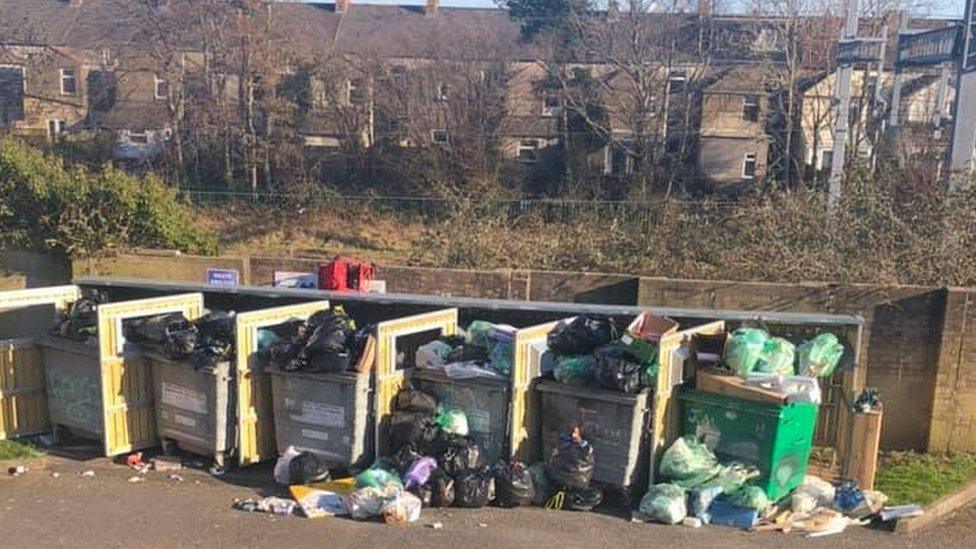
Rubbish piled up in some areas earlier this year as staff went off sick or were isolating because of Covid
And businesses are also starting to feel the pinch of staff absence, according to Ian Price, director of CBI Wales.
He said the Welsh government's decision to cut the isolation period was "a pragmatic choice that can help keep the economy moving".
The Welsh Conservatives' health spokesman, Russell George MS, said reducing self isolation by three days would help to "keep the economy turning and to maintain staff levels in the NHS".
Stricter rules came into effect in Wales on 26 December, meaning groups of no more than six people can meet in pubs, cinemas and restaurants.
Outdoor events are limited to 50, with 30 people allowed indoors, including in private homes.
Mr Drakeford confirmed in his statement that Wales would remain at alert level two following the latest review of the Covid restrictions.

Mark Drakeford said the public health situation remains very volatile
"The public health situation remains very volatile and the Christmas period is always one when collecting and analysing data is challenging," he said.
"Against this background, the outcome of the review is that we will continue with the current arrangements for alert level two protections in Wales, while continuing to closely monitor the situation."
The announcement comes as Public Health Wales reported 21,051 new cases of Covid-19 and three more deaths.
The number of cases covers the 48 hours up to 09:00 GMT on 29 December, whereas the deaths are for a 24-hour period.
The leader of the Welsh Conservatives in the Senedd, Andrew RT Davies, tweeted his approval of the move, saying it was a "good decision" but should have been made sooner.
Allow X content?
This article contains content provided by X. We ask for your permission before anything is loaded, as they may be using cookies and other technologies. You may want to read X’s cookie policy, external and privacy policy, external before accepting. To view this content choose ‘accept and continue’.

- Published26 December 2021

- Published28 December 2021
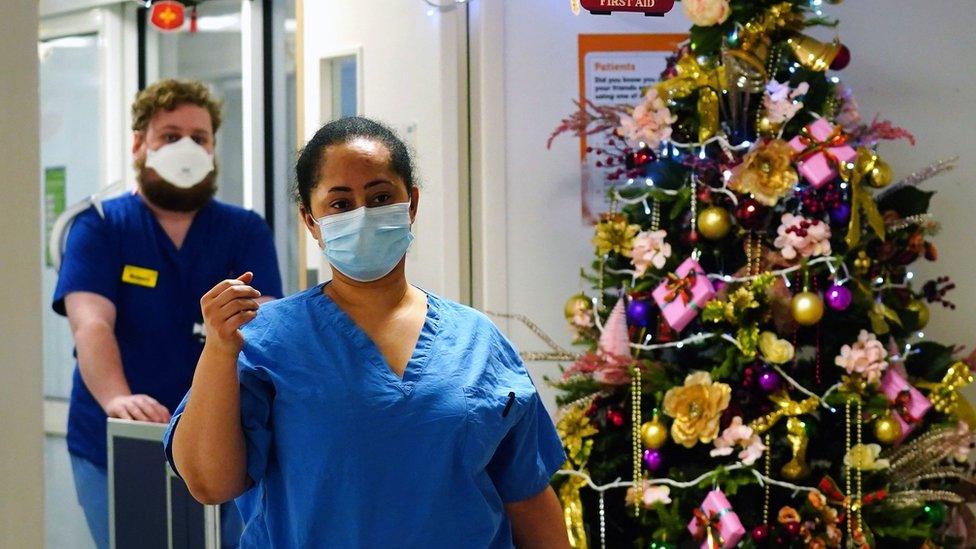
- Published27 December 2021
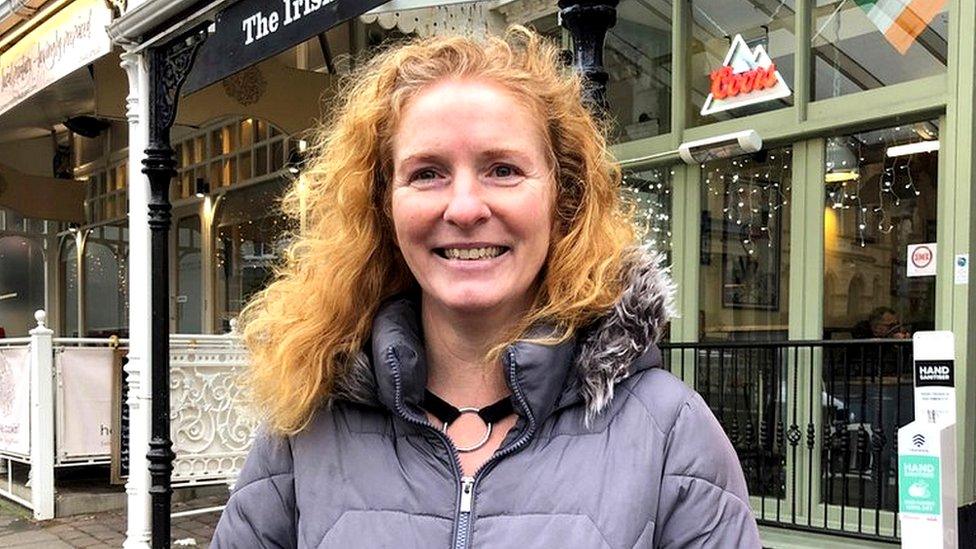
- Published27 May 2022

- Published29 December 2021
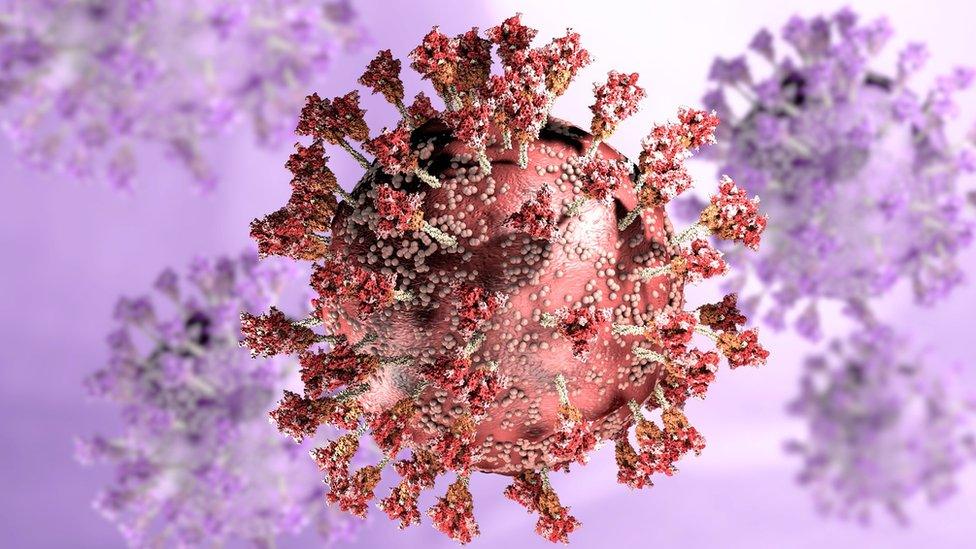
- Published28 December 2021
